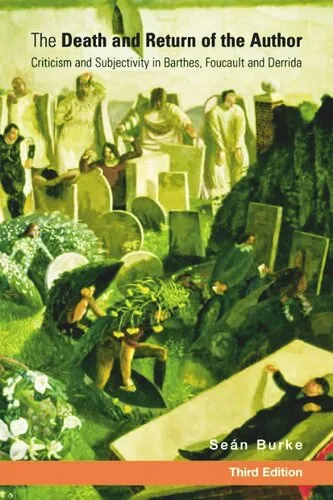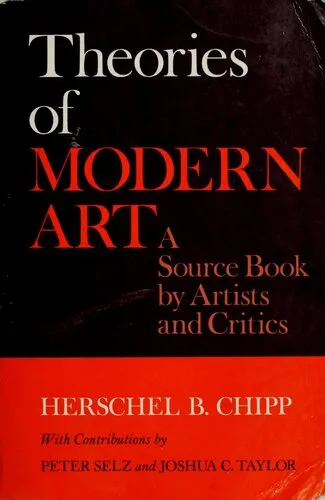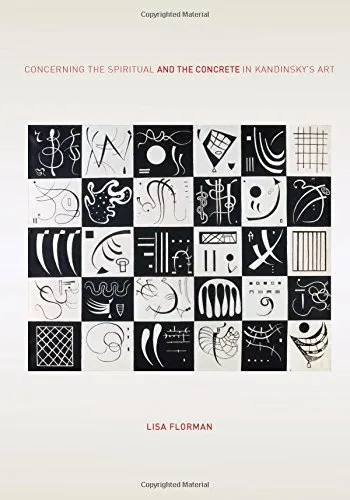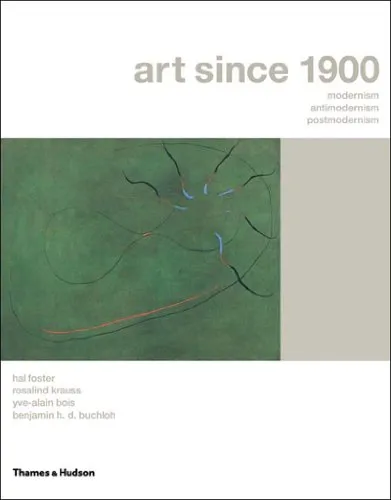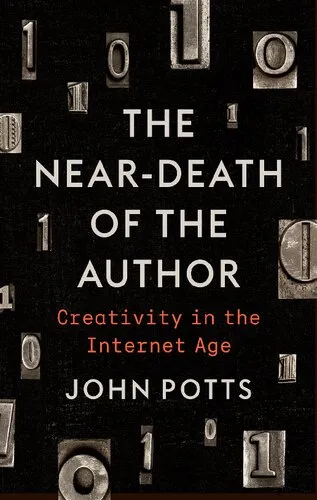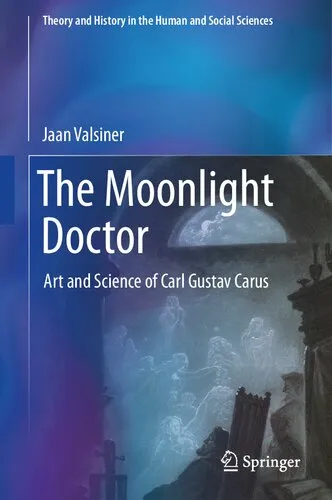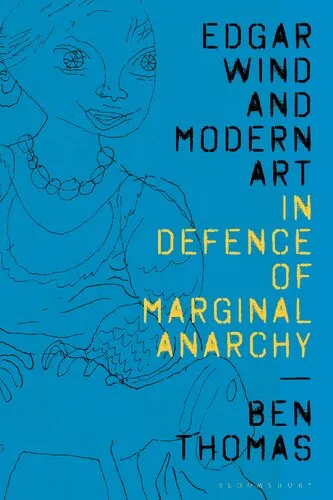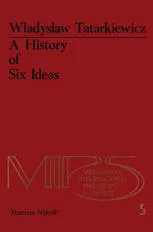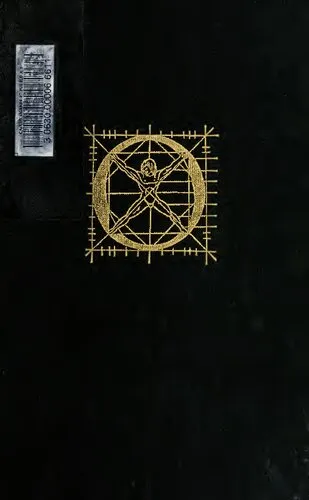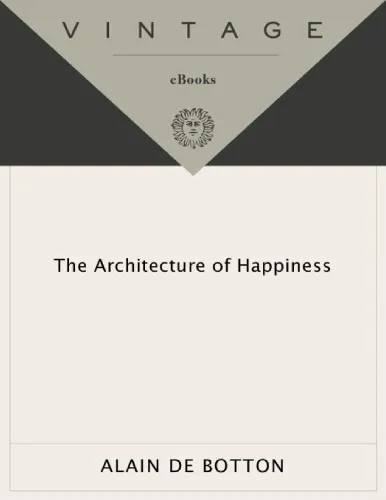The Death and Return of the Author: Criticism and Subjectivity in Barthes, Foucault and Derrida
4.0
Reviews from our users

You Can Ask your questions from this book's AI after Login
Each download or ask from book AI costs 2 points. To earn more free points, please visit the Points Guide Page and complete some valuable actions.Related Refrences:
Introduction to 'The Death and Return of the Author: Criticism and Subjectivity in Barthes, Foucault and Derrida'
Welcome to a deep dive into one of the pivotal analyses of literary theory, The Death and Return of the Author: Criticism and Subjectivity in Barthes, Foucault and Derrida by Seán Burke. This book embarks on an intellectual journey through the complex debates of authorship and textual interpretation. Burke's work stands as a critical response to poststructuralist thought, addressing the implications and misunderstandings of 'the death of the author' theory initiated by Roland Barthes, furthered by Michel Foucault, and expanded upon by Jacques Derrida.
Detailed Summary of the Book
Seán Burke explores the trajectory of the authorial role from its pronounced 'death' in Barthes' seminal essay, The Death of the Author, to its complex reincarnations. Burke delves into Foucault’s exploration of the "author function" and Derrida’s deconstructive critiques, observing how these theorists' challenges to authorial primacy have sparked a landscape where authorship, textuality, and reader interpretation coexist with dynamic interplay. Burke critiques the clichéd interpretations of these influential theorists and posits that pronouncing the author 'dead' neglects an ongoing subjectivity crucial for understanding literature in its fullest context.
Key Takeaways
- A comprehensive critical analysis of the seminal argument against authorial centrality.
- Insight into how Barthes, Foucault, and Derrida reframed literary criticism with their revolutionary ideas.
- Burke’s restoration of balance between the text and its creator, emphasizing interplay over dismissal.
- A challenge to the reader to rethink the power dynamics within the act of reading and interpreting texts.
Famous Quotes from the Book
“To announce the death of the author is to advocate an utterly text-centered approach, ignoring the pragmatic and hermeneutic importance of understanding distinct authorial intentions.”
“Criticism that denies the author ends up reconstructing a phantom autonomous text, severing literature from all living dialogue.”
Why This Book Matters
Seán Burke's The Death and Return of the Author offers an essential critique of literary theory, scrutinizing the impact of three towering figures of postmodernism: Barthes, Foucault, and Derrida. By engaging with and challenging their propositions, Burke revitalizes the debate, restoring the author's role as a vital architect of meaning. This book matters because it provides a balanced perspective, confronting simplistic conclusions drawn by radical poststructuralism and acknowledging the complex relationships between author, text, and reader. Ultimately, it guides scholars and enthusiasts towards a more nuanced understanding of literary dynamics and authorship.
Free Direct Download
You Can Download this book after Login
Accessing books through legal platforms and public libraries not only supports the rights of authors and publishers but also contributes to the sustainability of reading culture. Before downloading, please take a moment to consider these options.
Find this book on other platforms:
WorldCat helps you find books in libraries worldwide.
See ratings, reviews, and discussions on Goodreads.
Find and buy rare or used books on AbeBooks.
1580
بازدید4.0
امتیاز0
نظر98%
رضایتReviews:
4.0
Based on 0 users review
Questions & Answers
Ask questions about this book or help others by answering
No questions yet. Be the first to ask!
